You might be breaking more than just laws—you could be damaging the planet. Here are 21 everyday actions that are pushing the boundaries of legality and sustainability.
1. Excessive Plastic Use
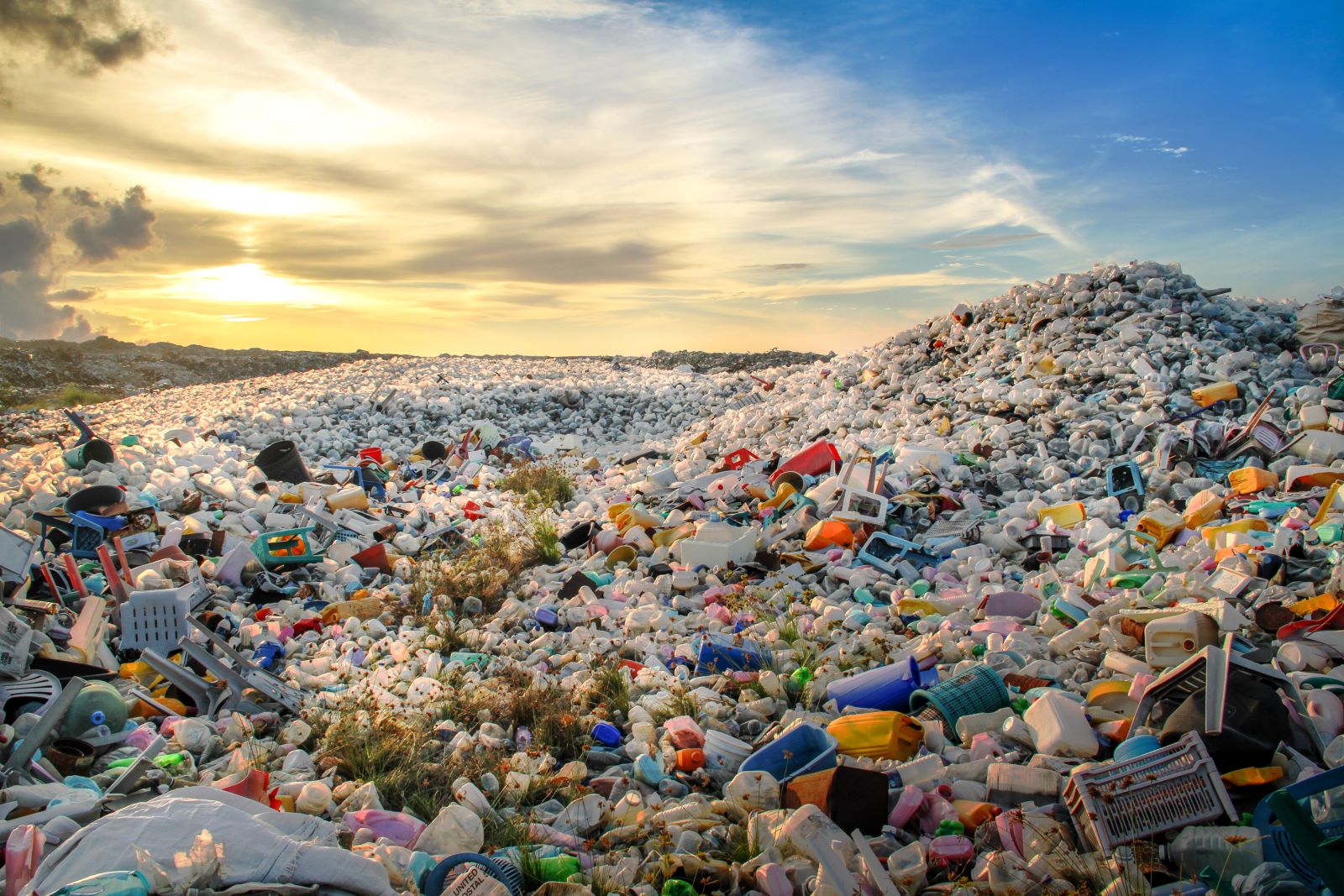
Image Credit: Shutterstock / MOHAMED ABDULRAHEEM
Plastic pollution is a major environmental issue, with around 8 million tons of plastic entering the ocean each year. Single-use plastics like straws and bags are a huge part of the problem. While not yet illegal in many places, their impact is so severe that many communities are moving towards bans and stricter regulations.
2. Overusing Lawn Chemicals
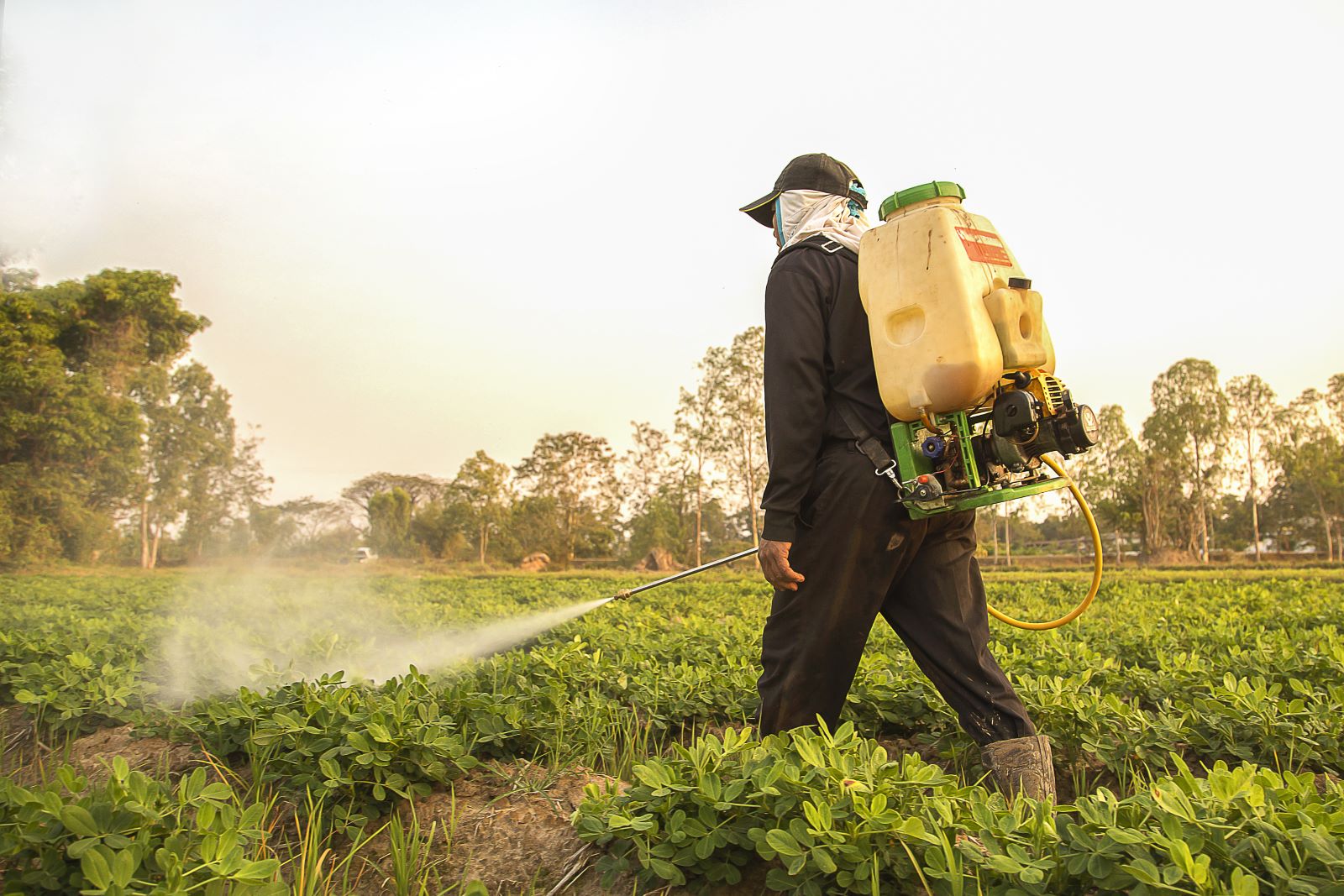
Image Credit: Shutterstock / Bannafarsai_Stock
Pesticides and fertilizers can end up in water supplies, leading to harmful algal blooms. In the U.S., it’s estimated that over 2 billion pounds of pesticides are used annually. This runoff can create “dead zones” in rivers and oceans where aquatic life cannot survive.
3. Illegal Dumping
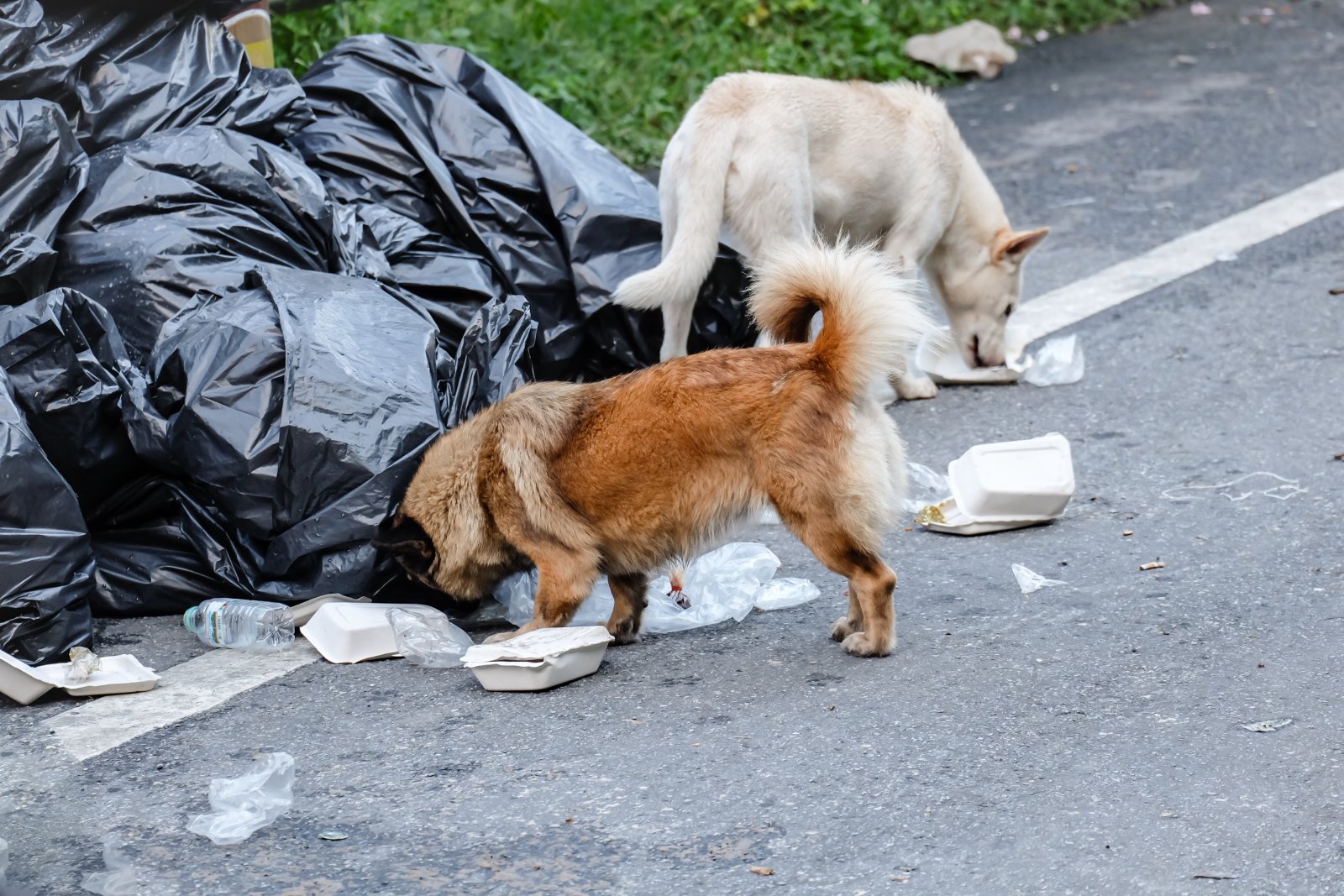
Image Credit: Shutterstock / Jarva Jar
Dumping waste illegally is a serious problem. It’s estimated that illegal dumping costs the U.S. over $1 billion annually in cleanup and disposal fees. This waste can contaminate soil and water, posing risks to wildlife and human health.
4. Driving Gas-Guzzling Vehicles
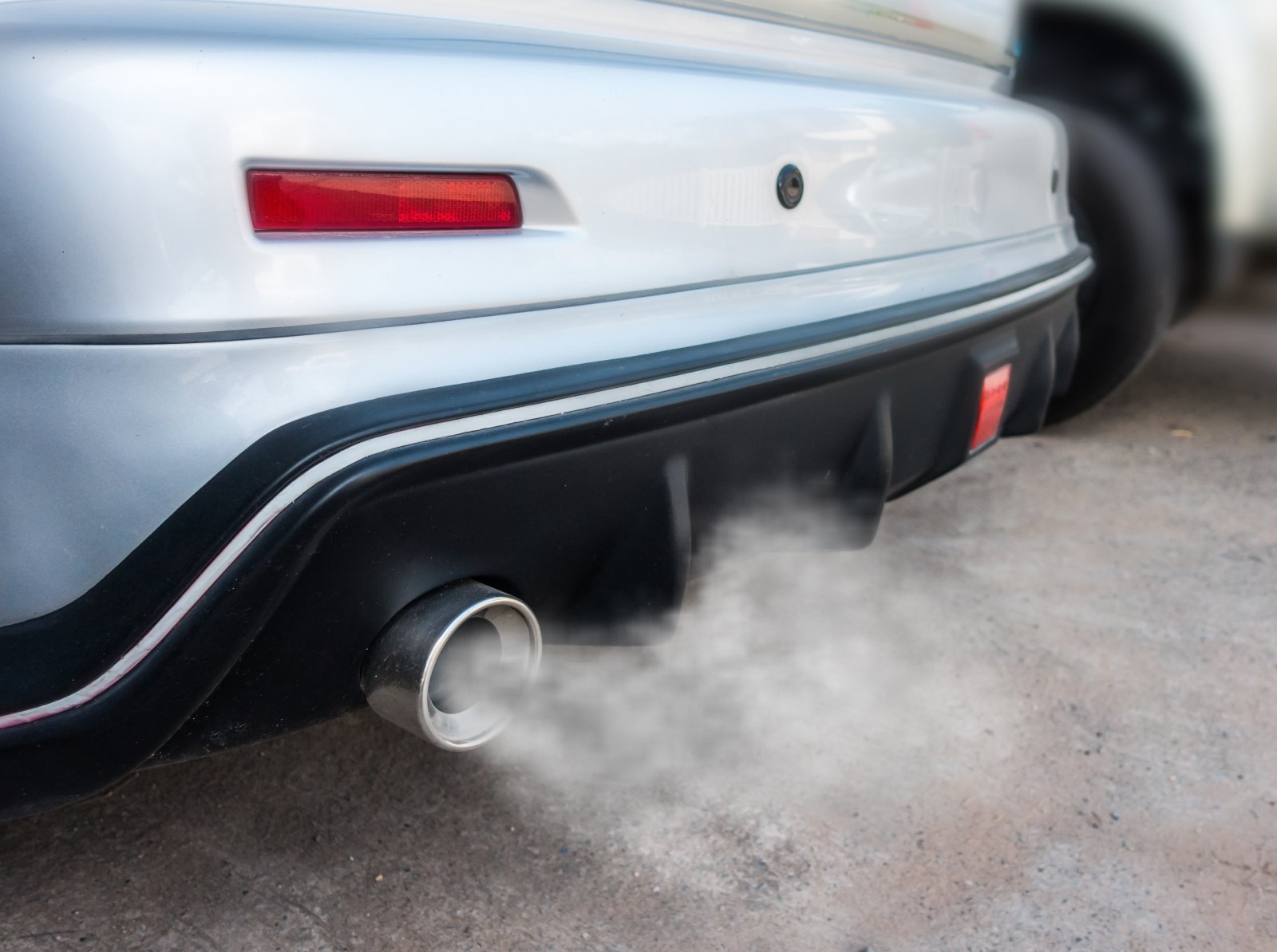
Image Credit: Shutterstock / Ody_Stocker
Older cars with poor fuel efficiency emit more greenhouse gases. A 2023 study showed that the average passenger vehicle emits about 4.6 metric tons of carbon dioxide annually. Driving less efficient vehicles contributes significantly to air pollution and climate change.
5. Wasting Water
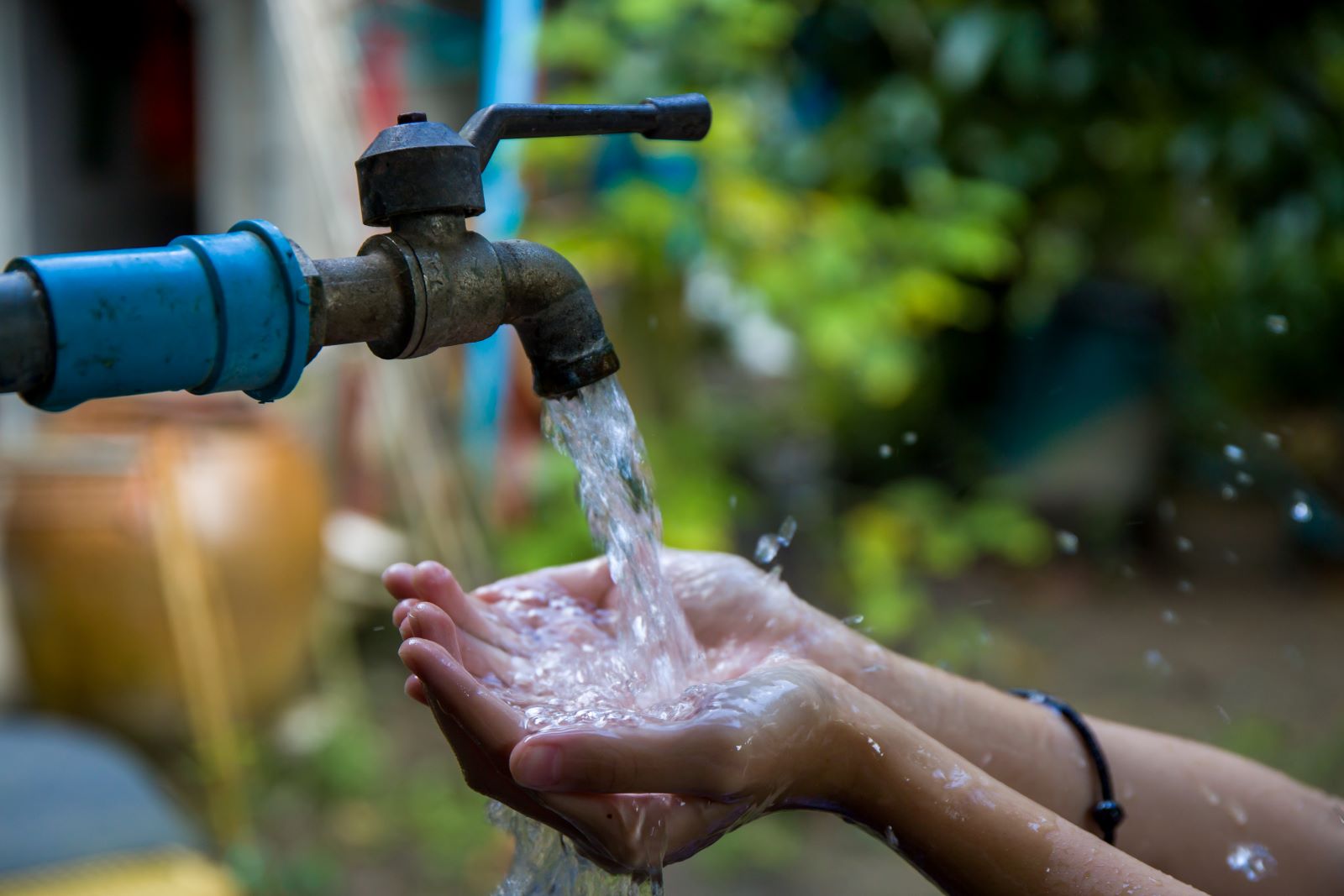
Image Credit: Shutterstock / SIRNARM USAVICH
Americans use about 82 gallons of water per person per day, with a significant amount wasted. Leaky faucets and excessive lawn watering contribute to the depletion of this vital resource, putting stress on water supplies, especially in drought-prone areas.
6. Uncontrolled Home Fires

Image Credit: Pexel / Guduru Ajay bhargav
Burning trash or yard waste at home can release toxic pollutants into the air. In 2023, such fires were linked to increased levels of dioxins and furans, which are harmful to human health and the environment. Many jurisdictions have regulations against open burning, but enforcement can be lax.
7. Improper E-Waste Disposal
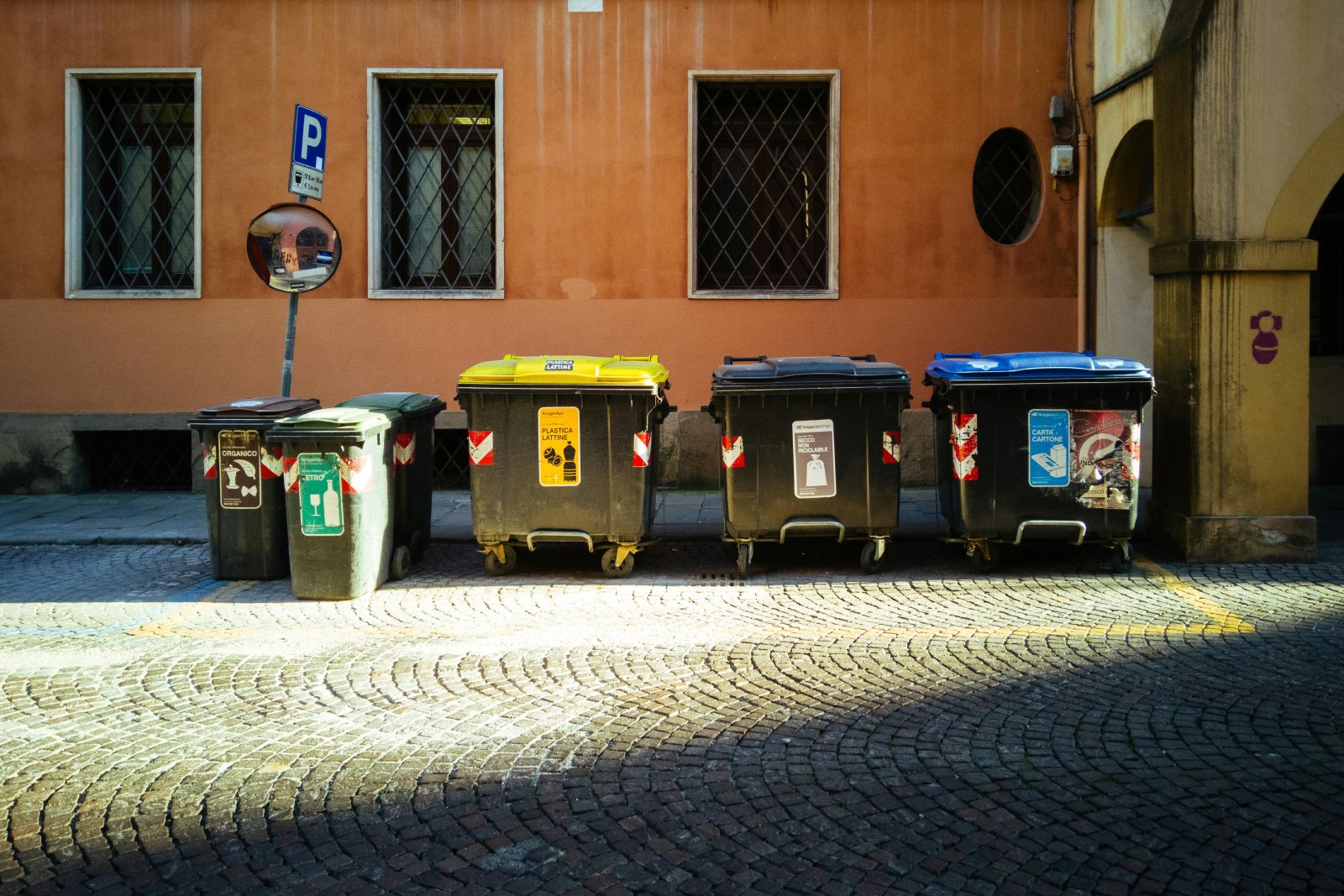
Image Credit: Pexel / Christian Naccarato
E-waste contains hazardous materials like lead and mercury. It’s estimated that about 50 million tons of e-waste are generated globally each year, but only about 20% is properly recycled. Improper disposal can lead to soil and water contamination.
8. Illegal Logging
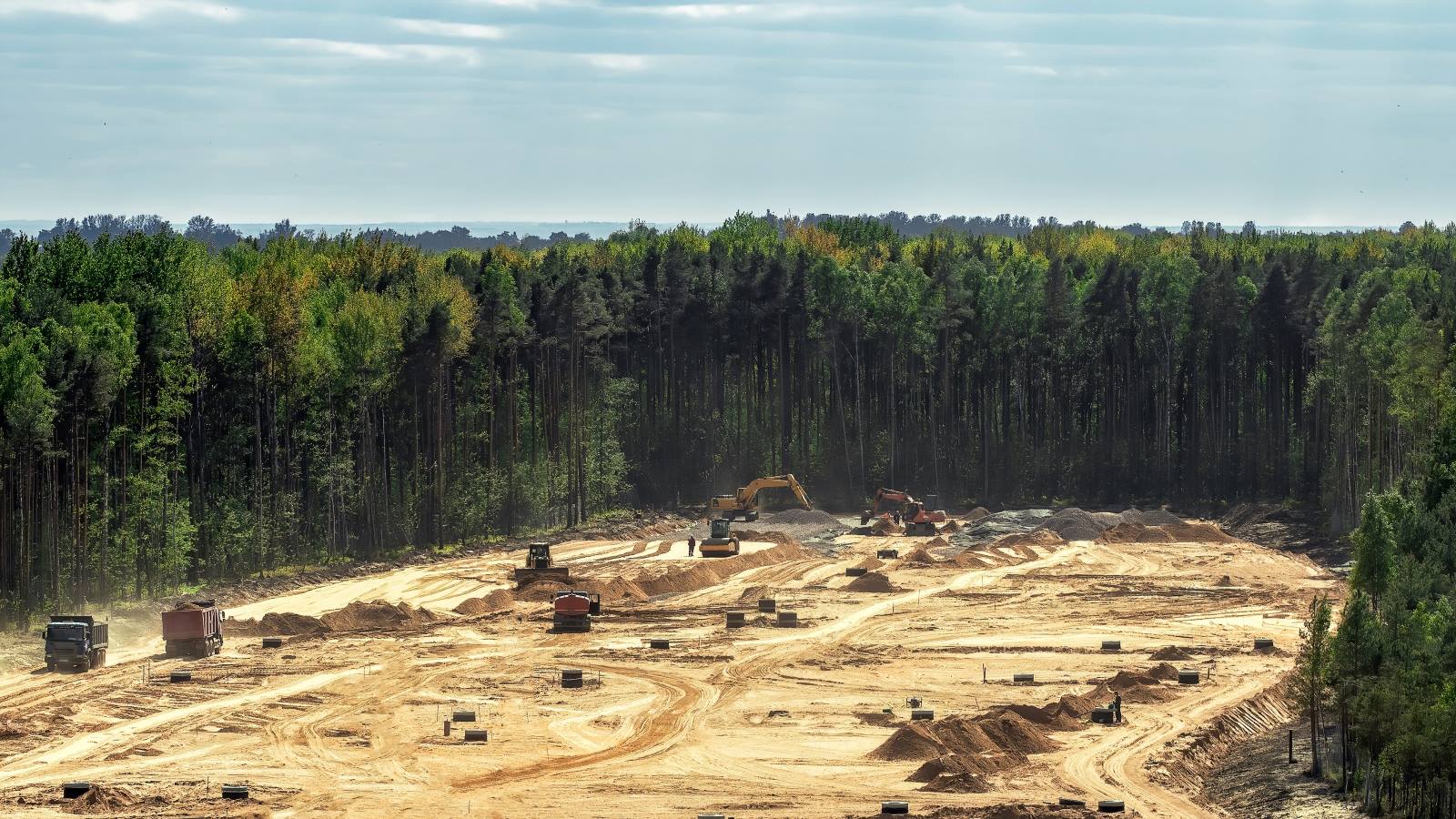
Image Credit: Shutterstock / kukurund
Deforestation from illegal logging is a significant issue. The World Wildlife Fund estimates that illegal logging contributes to around 30% of global deforestation. This destruction impacts biodiversity and contributes to climate change by increasing greenhouse gas concentrations.
9. Overfishing

Image Credit: Shutterstock / Tara Lambourne
Overfishing is depleting fish populations faster than they can replenish. The Food and Agriculture Organization reports that 34% of the world’s fish stocks are overexploited. This not only threatens marine life but also affects food security and ocean ecosystems.
10. Improperly Disposing of Hazardous Waste
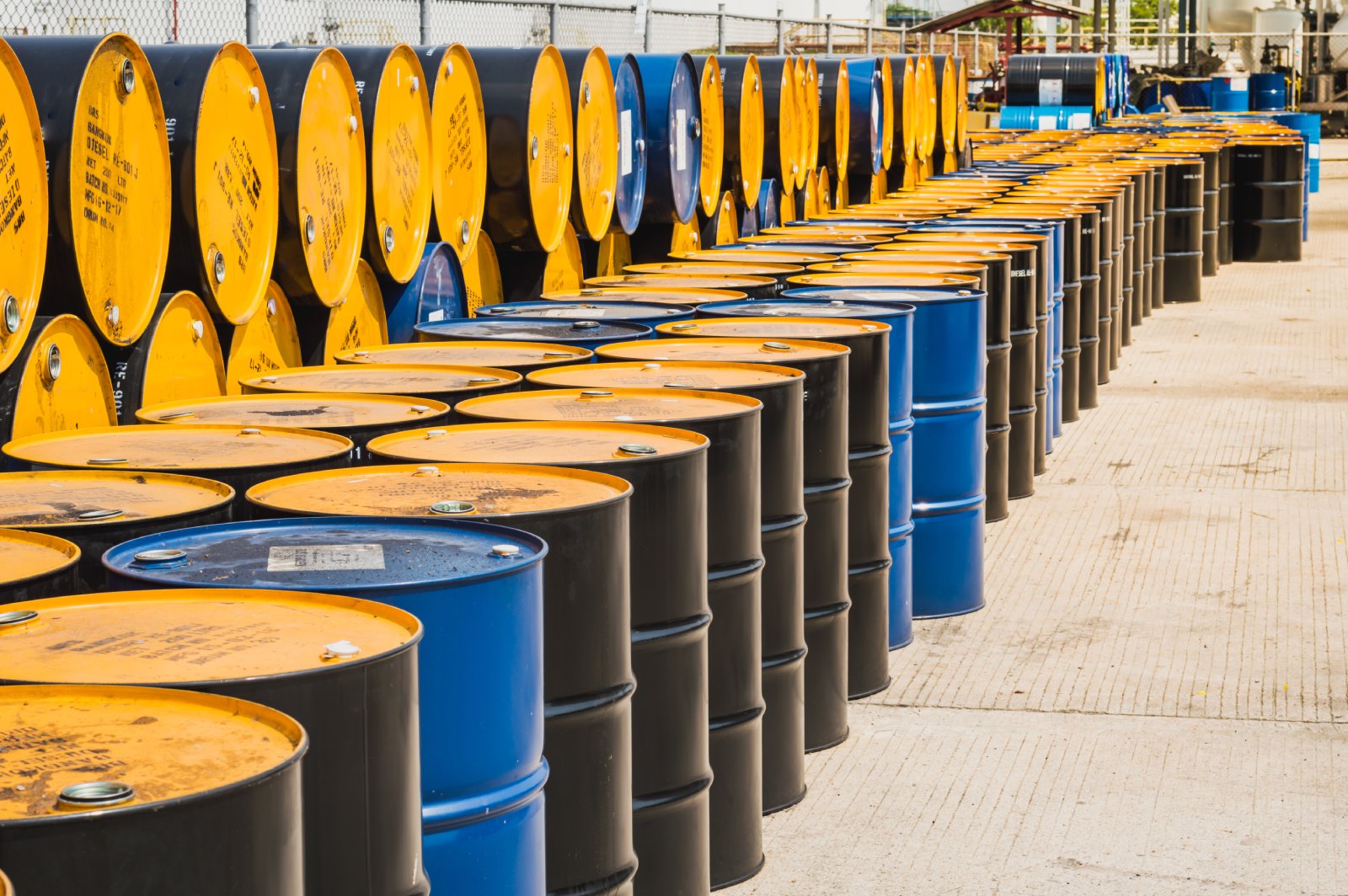
Image Credit: Shutterstock / RachenStocker
Disposing of hazardous waste in regular trash or down drains is illegal and harmful. Hazardous waste includes items like batteries and chemicals, which can contaminate water supplies and soil. Proper disposal methods are crucial for environmental protection.
11. Using Non-Energy-Efficient Appliances

Image Credit: Shutterstock / goodluz
Old, inefficient appliances consume more energy. A 2023 report found that replacing a 15-year-old refrigerator with an ENERGY STAR model can save up to $200 annually on energy bills and significantly reduce greenhouse gas emissions.
12. Overreliance on Single-Use Items

Image Credit: Shutterstock / Andrey_Popov
Single-use items like cutlery and plates contribute significantly to waste. The Environmental Protection Agency estimates that single-use plastics make up 40% of plastic waste. Many places are introducing bans or charges for these items to reduce their environmental impact.
13. Unauthorized Wilderness Activities

Image Credit: Pexel / ahmad syahrir
Activities like off-road driving in protected areas can cause severe environmental damage. For instance, off-roading in national parks can destroy habitats and erode soil. Many protected areas have regulations to limit such activities, but enforcement can be inconsistent.
14. Neglecting Recycling Rules
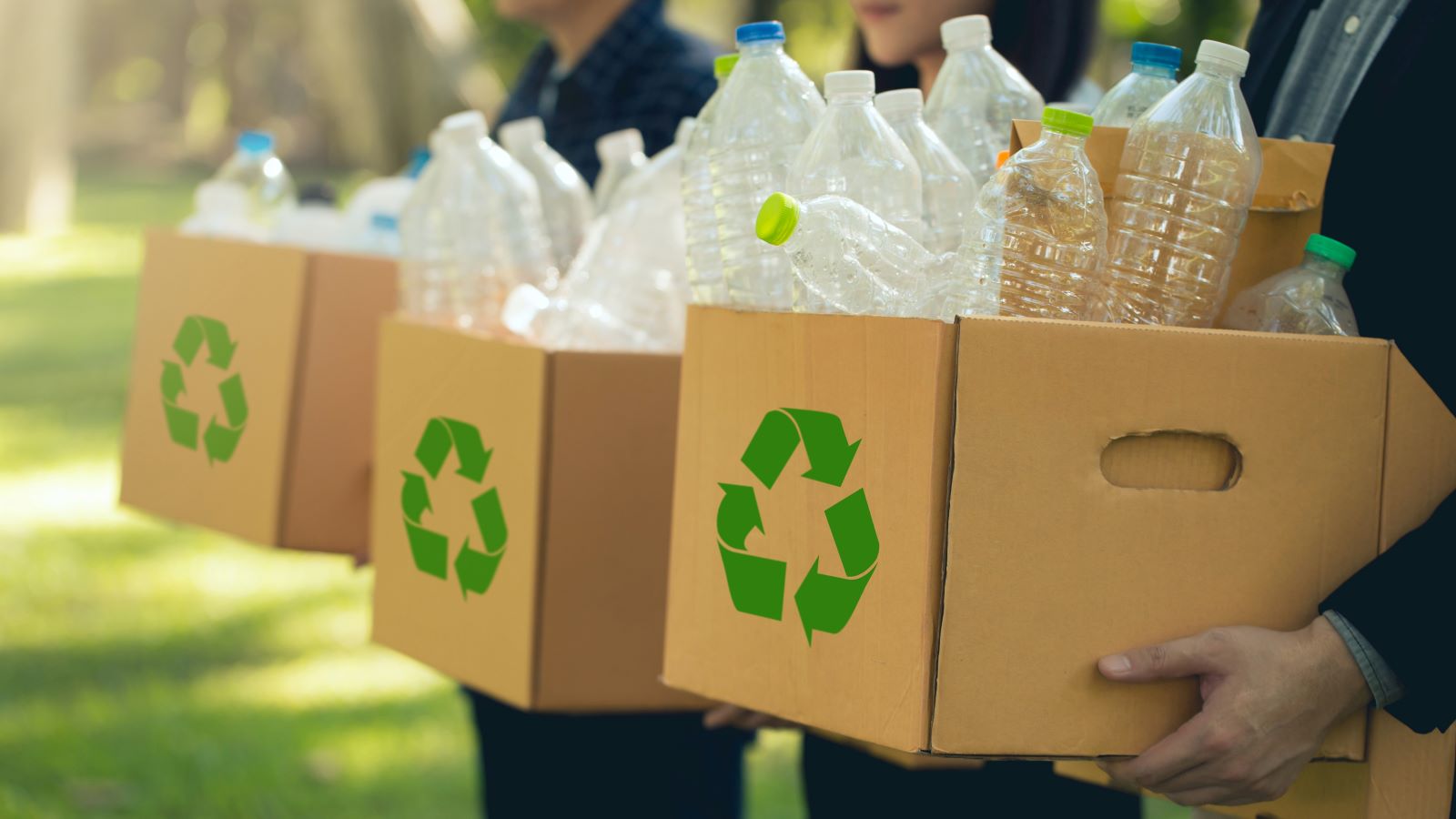
Image Credit: Shutterstock / chayanuphol
Not following recycling guidelines can lead to contamination of recyclables, making them unrecyclable. In 2023, it was estimated that up to 25% of materials placed in recycling bins are not actually recyclable due to contamination.
15. Using Harmful Cleaning Products

Image Credit: Shutterstock / Africa Studio
Many cleaning products contain toxic chemicals that can end up in water supplies. Products with ingredients like phosphates and ammonia contribute to water pollution and health risks. Switching to eco-friendly alternatives can reduce this impact.
16. Buying Products with Excessive Packaging

Image Credit: Pexel / cottonbro studio
Excessive packaging contributes to waste and environmental degradation. The average American produces about 4.4 pounds of waste per day, much of which is packaging. Reducing packaging and choosing products with minimal or recyclable packaging can help mitigate this issue.
17. Supporting Unsustainable Agriculture
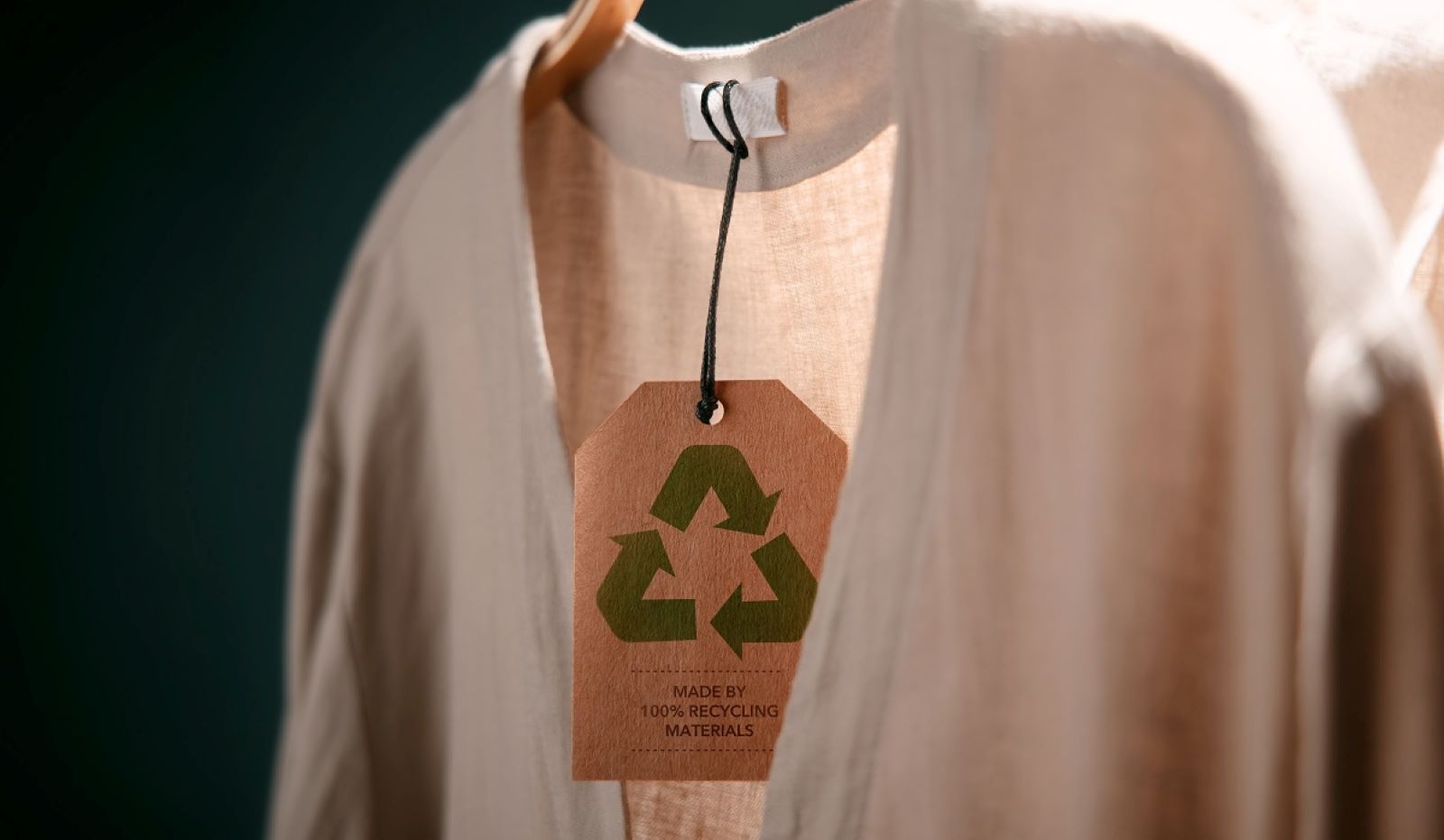
Image Credit: Shutterstock / Black Salmon
Buying products from unsustainable agricultural practices can drive deforestation and soil degradation. For example, some coffee and chocolate plantations contribute to deforestation in tropical regions. Opting for sustainably sourced products can help reduce these impacts.
18. Ignoring Energy Efficiency in Homes

Image Credit: Pexel / SHVETS production
Failing to insulate and maintain energy-efficient homes increases energy consumption. Inadequate insulation and inefficient heating and cooling systems lead to higher energy use and greenhouse gas emissions. Simple upgrades can make homes more energy-efficient and reduce environmental impact.
19. Improperly Handling Paint and Chemicals
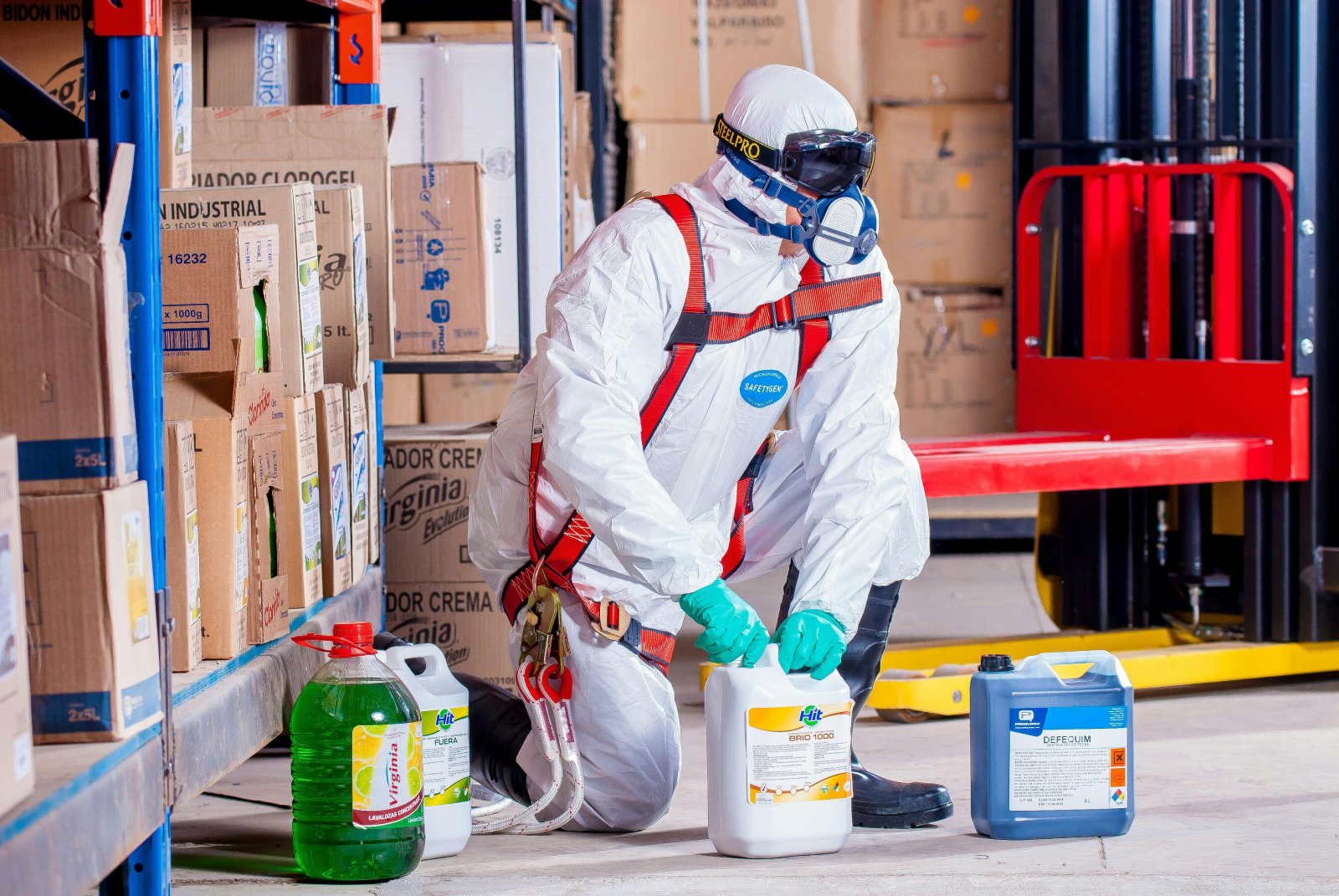
Image Credit: Pexel / Pixabay
Disposing of paint and other chemicals improperly can pollute the environment. Many people don’t know that these materials should be taken to special disposal sites. Improper disposal can lead to soil and water contamination, affecting ecosystems and human health.
20. Supporting Industries with Poor Environmental Practices

Image Credit: Pexel / Karolina Kaboompics
Buying from companies with poor environmental records supports harmful practices. Industries like fast fashion contribute significantly to pollution and waste. Choosing products from companies with strong sustainability practices can drive positive change.
21. Ignoring Green Building Standards

Image Credit: Shutterstock / Piyapong Wongkam
Building or renovating without following green standards can lead to higher energy and resource use. For example, buildings that don’t meet energy efficiency standards can consume more energy and generate more waste. Adopting green building practices helps reduce these impacts.
Make a Difference

Image Credit: Pexel / Vlada Karpovich
These almost-illegal actions may seem minor, but their impact on the environment is significant. By changing these habits, you can help protect the planet and move towards a more sustainable future.
Oil Dumping Scandal Rocks Ships Heading to New Orleans

Image Credit: Shutterstock / Aerial-motion
Two shipping companies have been fined after knowingly hiding a large oil spill in the Atlantic Ocean. Oil Dumping Scandal Rocks Ships Heading to New Orleans
20 Eye-Opening Realities Facing Retiring Baby Boomers

Image Credit: Shutterstock / Jack Frog
As Baby Boomers approach retirement, the promise of leisure and security often seems unattainable. This generation faces unique challenges that could redefine retirement. Here’s a stark look at the realities shaping their outlook. 20 Eye-Opening Realities Facing Retiring Baby Boomers
Retail Apocalypse: Massive Closures Sweep Across U.S. Brands

Image Credit: Shutterstock / Tada Images
Stores across the U.S. are closing at unprecedented levels, according to new research from advisory firm Coresight Research. Read on for more information about the impact this could have on you and your communities. Retail Apocalypse: Massive Closures Sweep Across U.S. Brands
Featured Image Credit: Shutterstock / HopeBy.


